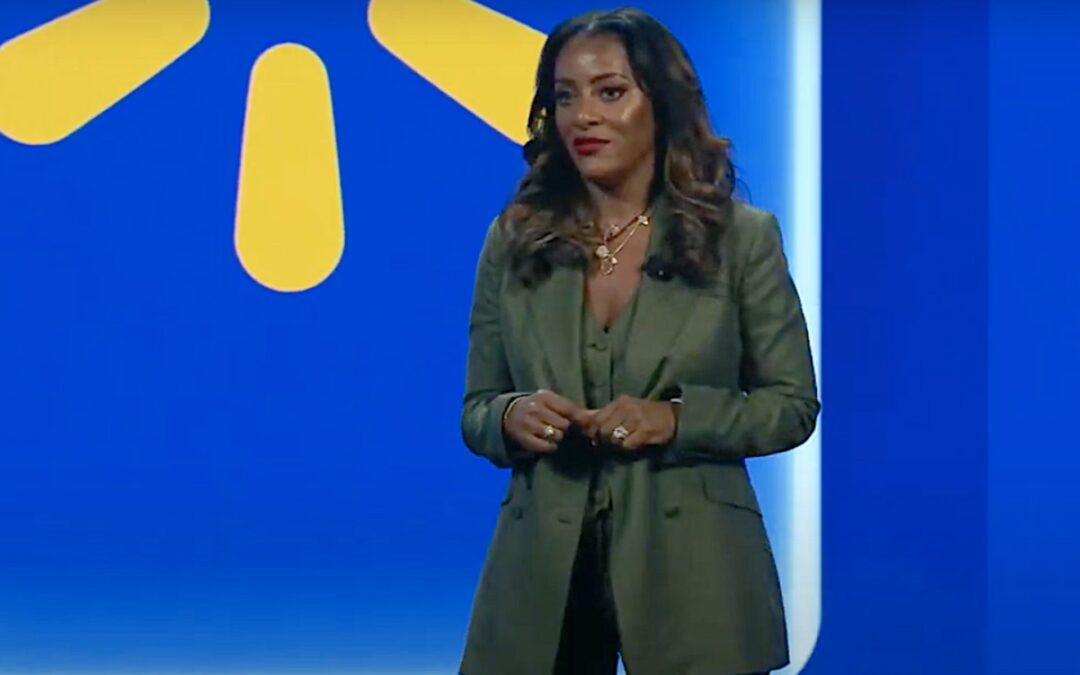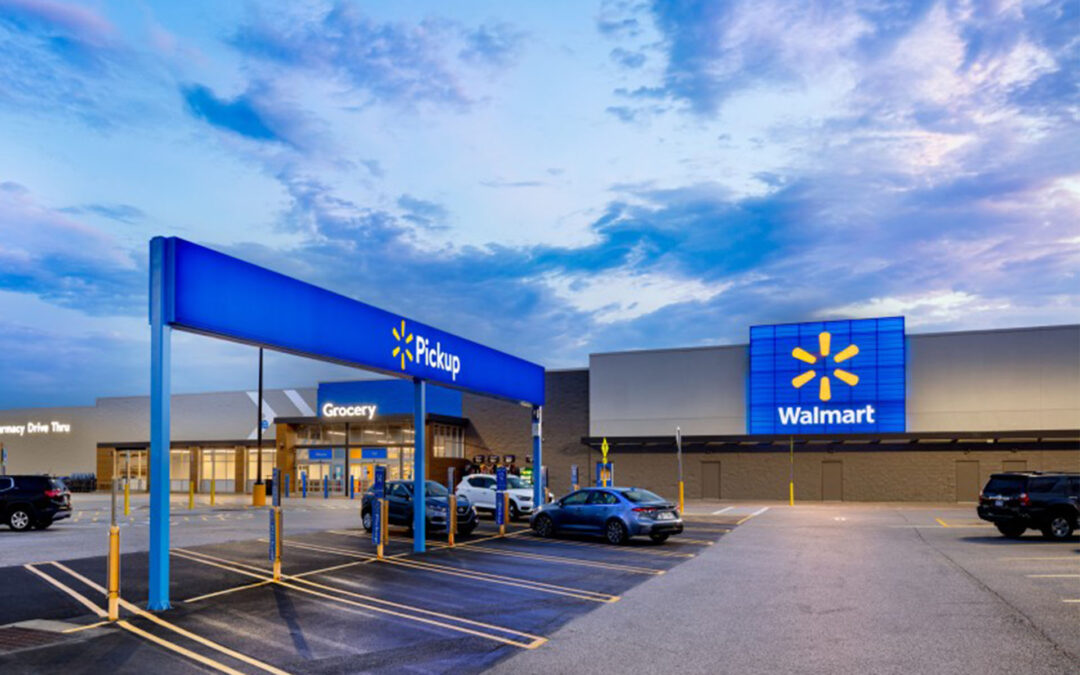Marketing platform Optimove, the first customer-led marketing platform, today released its 2023 Holiday Survey including a pretty positive evaluation of consumer sentiment regarding shopping in the celebratory season.
In the survey, 35% of consumers responding said they plan to spend more on holiday gifts than they did a year prior, with 46% saying they budgeted to spend the same and only 19% saying they intend to spend less. In 2022, only 17% of Optimove’s 2022 Holiday Survey respondents planned to spend more than they did in the previous year. Although not exactly a happy regard for the immediate future, only a third of respondents said they have less confidence in the economy at this point in the year than they had in 2022, with 40% saying they had the same amount and 26% saying more. Moreover, 65% of consumers said they have more confidence in their budgeting in 2023 than they had in 2024. Of that 65%, Optimove noted, 30% said they might spend the same on the holidays, 20% more and 15% less. Then, 15% said they have the same confidence as the year earlier and would spend the same.
As to destinations, 42% of consumers responding to the survey said they prefer to shop exclusively at stores or websites they have patronized before, highlighting the significant impact of loyalty on driving sales, according to Optimove. Customer satisfaction is critical to generating additional sales, it added, as 93% of respondents expressed a strong likelihood of revisiting a brand or retailer following a positive experience, underscoring the role of customer satisfaction in fostering lasting relationships.
Outreach to seasonal shoppers always is important but there is a point of exhaustion, with evidence of the phenomenon including 55% of survey respondents attested they would tire of holiday marketing messages by October. The proportion of the exhausted then rises 73% by November. Whether or not it ties together neatly with the degree of autumn exhaustion, holiday shopping will again start early in 2023, as 50% of respondents said they would begin shopping by October’s end. As regards outreach, Optimove asserted, consumers continue to favor email, at 55%, as their preferred method of communication followed by text message, at 13%, social media, at 11%, mobile app notification, at 6%, regular postal mail, at 6%, phone call at 4% and direct mail at 4%.
In introducing the survey results, Pini Yakuel, CEO of Optimove, emphasizes the importance of understanding consumer preferences and managing marketing communications to maintain engagement and prevent fatigue. The need to do so includes in popular holiday communications vehicles such as email. He asserts that AI is one tool that can help take general messages into personalized communications.
“Managing communication frequency and relevancy is crucial for avoiding customer dissatisfaction and unsubscribing,” he said. “Most brands struggle to do this effectively as they either batch-and-blast consumers or use rigid journey builders that cater to the ‘average consumer.’ In a world where consumers demand personalization and relevancy, brands must embrace AI to orchestrate individualized journeys and messages. Embracing AI enables brands to meet consumers’ evolving expectations, create meaningful connections, and differentiate themselves in a competitive market.”
As for content, Yakuel advised retailers to provide early access to offers, lead with competitive pricing, build trust, demonstrate environmental responsibility and capitalize on early shopping trends.
“By implementing these actions, retailers can enhance brand loyalty, attract and retain customers, and drive success during the holiday season,” he said.





